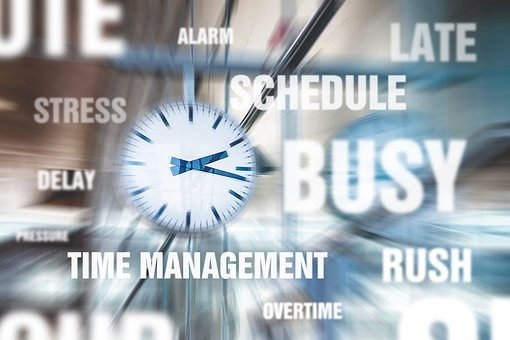SAVING LIVES FOR DAYLIGHT SAVING TIME

Are you ready to Spring Forward this Sunday?
When our phones and clocks move ahead one hour, we lose more than one hour of sleep.
We lose a precious measure of road safety as drivers around us fight to stay awake and aware.
Did you know that our safety is compromised for a lot longer than that one hour?
We are all at greater risk of car crashes for at least one full week after the time change.
What's The Problem with Spring Forward?
Drowsy Driving tops the list. We need our sleep to drive safely. Driving safe requires all our skill and brain power.
Distracted Driving remains one of the greatest dangers on our roads. When we don't get the sleep we need, we easily forget that driving is our one job. Automatically reaching for that phone, or playing with that infotainment system or GPS, is hard to resist when our brains are fogged and sleep deprived.
Heart Attacks and Strokes Behind the Wheel are statistically more likely. Some drivers are at a greater risk of heart attack and stroke immediately after the time change. The stress of sleep loss may trigger underlying or pre-existing health conditions. Life threatening health emergencies are scary enough. No one wants to be behind the wheel when they strike. No one wants to meet that stricken driver when he loses control on our busy roads.
So What's the Answer?
Make Changes
We can all take some practical steps before Sunday to help our bodies adjust to Daylight Saving Time. (CDC Blog Daylight Saving: Suggestions to help workers adapt to the time change; March/2016)
At least 3 days before the time change, gradually move up your bed time and waking, exercise and meals until your body is more in synch with the change.
We can prioritize sleep and diminish the glare, distraction and noise of phones, ipads and TVs at bed time by cutting back on our device addiction.
While these practical steps strategies may help some, there is no magic bullet. We are human and it takes many drivers days and days to adjust to the time shift.
Drivers in the know may also take practical steps to reduce non essential travel during this week.
But many drivers have little choice but to be on the roads. When you work, you commute and driving to work, or riding public transit on our highways, is unavoidable.
Small steps can make a difference in our own road safety and that of everyone we meet.
But as long as we have time change, we will have crashes.
Call For Help
If you have been hurt in a car crash, and you think the at fault driver was driving drowsy, let the investigating police officer know. If there was no officer at the scene, make sure this information is on your report at the Accident Reporting Centre. Then call an experienced injury lawyer.
Martin Law knows that a car crash is never just an accident.
Are You Ready For the Time Change Challenge?

